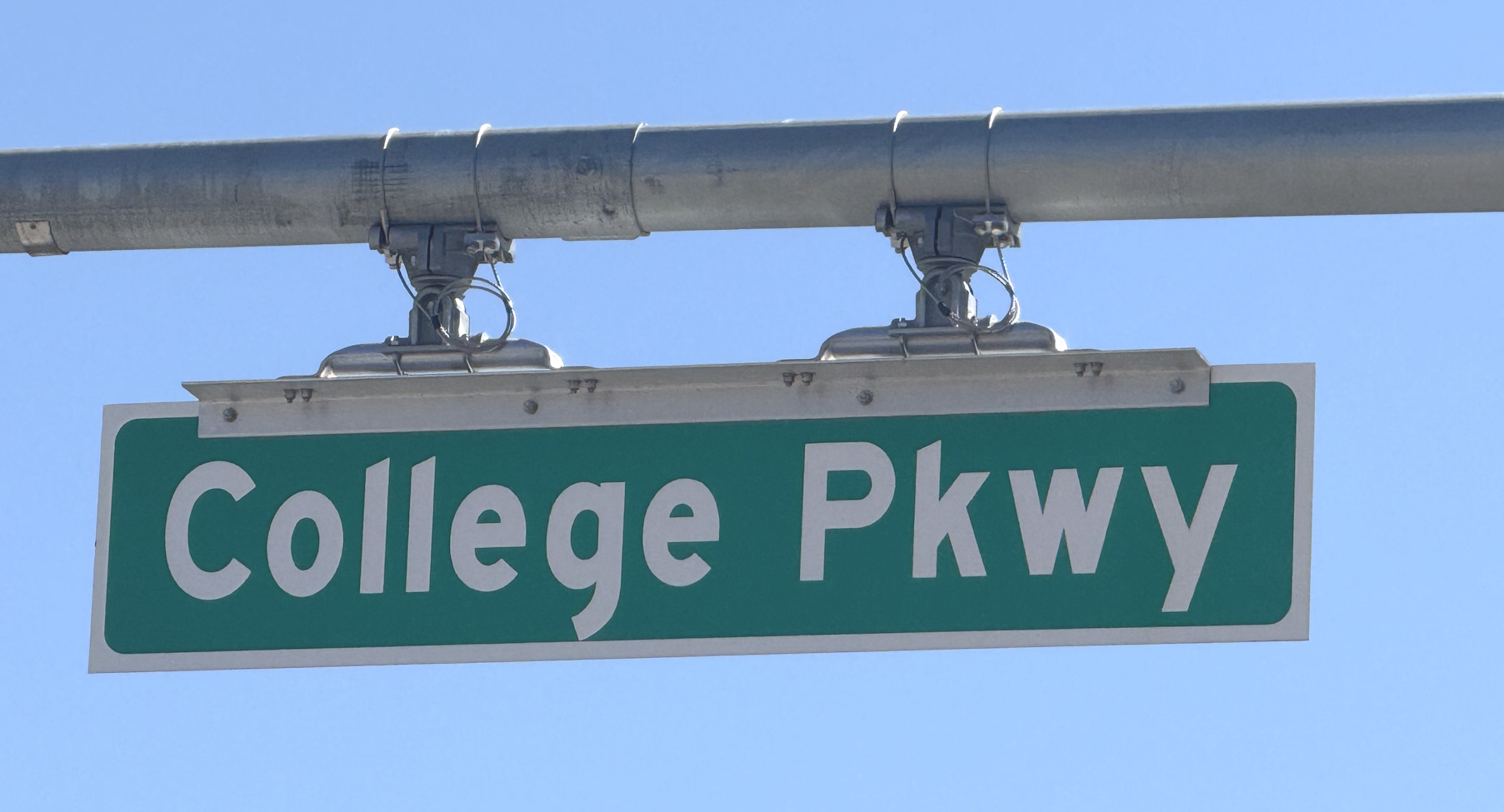
REU Questions? Start Here
How do unions work? How do they make change?
Forming a union facilitates our working together to identify and solve problems in our workplace. Certifying the union enacts our legal right – and the administration’s legal obligation – to collectively bargain over our wages, hours, and working conditions (construed as broadly as we see fit). We also gain the legal right to enforce the collective bargaining agreement (contract) that results from our negotiations through a formal grievance procedure (a process that we will design through the collective bargaining process).
What is collective bargaining?
Collective bargaining is the procedure by which we create a legally-binding agreement with admin with respect to our working conditions. We will choose representatives among ourselves to advance our interests at the table, and the administration will select their own representatives. We will be aided in this process by legal counsel and expert negotiators employed by MSEA.
Who is MSEA and what is their role in our union?
The Maryland State Education Association is our state’s affiliate of the National Education Association, a union for K-12 teachers, community college faculty, and educational support staff. MSEA has proven their commitment to advocating for their members’ interests in Annapolis and to supporting the formation of effective, member-run unions for both K-12 and community college educators throughout Maryland.
How much will I pay in dues and how does that work?
MSEA union members pay $573 annually in dues to NEA and MSEA. Dues are deducted incrementally through payroll deductions. Your union dues fund state- and national-union support for our affiliated local, such as organizing and collective bargaining support, legal counsel, and programming such as skills training, conferences, and professional development, as well as advocacy for legislation to benefit public education at all levels. As a local union, we will decide together what we will pay in local dues to support our organization at AACC.
What are my legal rights?
We have the legal right to form, join, and participate in any employee organization (union) of our own choosing; to engage in concerted activities for the purposes of mutual aid or protection; to negotiate collectively with our employers in the determination of our terms and conditions of employment; and to be represented by employee organizations in collective bargaining. The administration is legally obligated to bargain with us in good faith; to adopt the terms of a collective bargaining agreement in place of conflicting policies (within the limits of the college budget); and to participate in resolving violations of the collective bargaining agreement. It is illegal for the administration to use public funds to support a campaign against unionizing or collective bargaining; to interfere with, intimidate, restrain, coerce, or discriminate against us for exercising our rights; to discriminate in hiring, tenure, or any condition of employment to discourage membership in a union; or to monitor or surveil union activities.
Why do we need a union as full-time faculty at AACC?
We need a union to give faculty the power to negotiate more just policies about our working conditions and our students’ learning conditions. We need a union to have a binding process in place to address grievances. REU supports fair compensation for the changing needs of the job, moderating our workload, release-time equity, paid parental leave, and maintaining our right to overload opportunities.
What are the risks of unionizing?
While administration may be opposed to our forming a union, the 2021 state law protects our choice to do so. It’s up to us to act on our rights and resolve conflict with the administration together.
Will unionizing take up more of my time?
Unions are most effective when everyone participates in setting goals and carrying them out. However, a union also makes it possible for us to push back against job creep. After all, unions won the eight-hour work day and the weekend. Time invested in making our local union effective does not necessarily mean more work overall.
We already have TFO and Academic Forum. What does unionizing mean for shared governance?
Neither TFO nor Academic Forum will change once we certify our union, and a union is not meant to replace either. TFO and Academic Forum pertain mostly to academic policies. All other policies and procedures are the purview of the Board of Trustees and President. In order to influence these policies for the better, we need to negotiate a legally binding contract, which is not something that can happen within the shared governance framework. Unions and shared governance bodies can and do work together through their overlapping memberships and shared agenda, but they play distinct roles.
